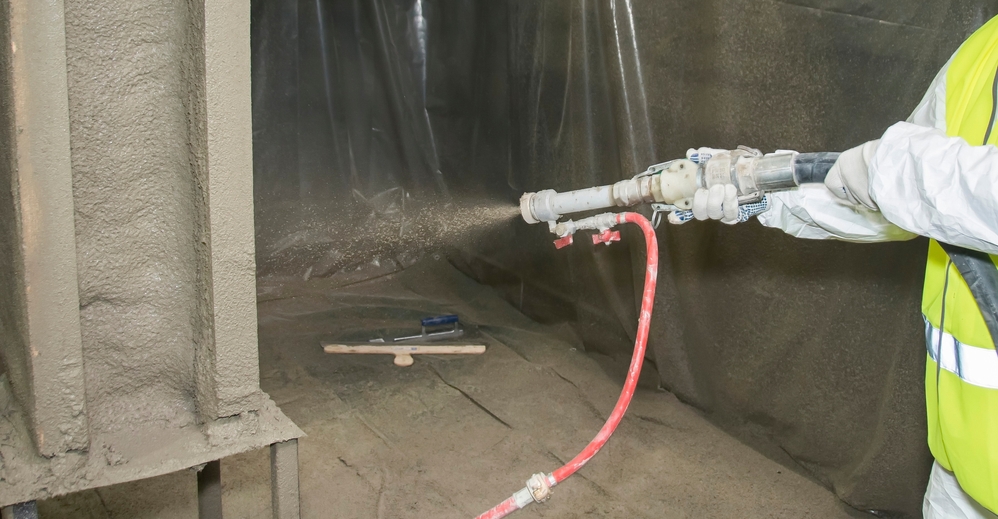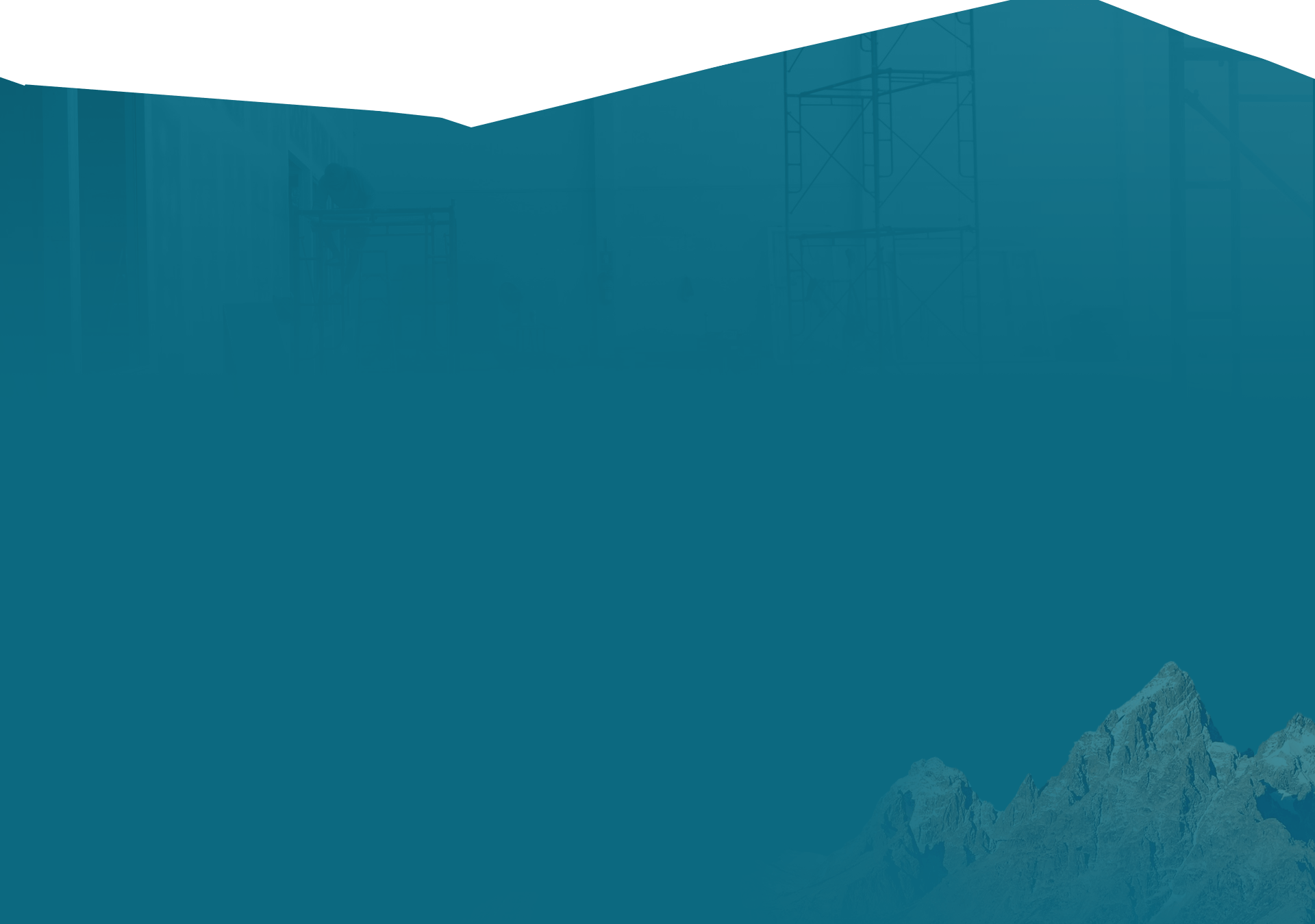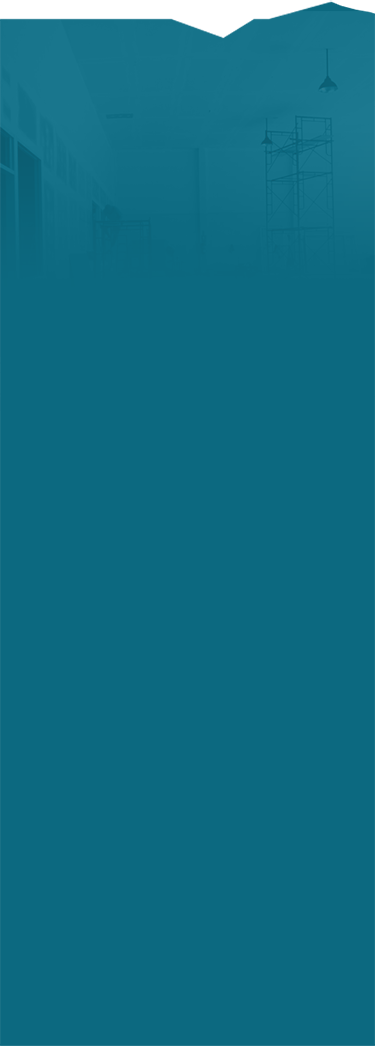
Specialty Coatings
Searching for specialty coatings near me?
Specialty coatings company serving Pennsylvania, New Jersey, & Delaware
Specialty Coatings Contractor in Pennsylvania
Industrial specialty coating applications are often applied to bridges, warehouses, offshore sites, and buildings. These specialty coatings are unique from traditional paint jobs, present complex challenges, and require proper preparation. This is why Alpine Painting and Restoration has been handling industrial coating projects for more than 30 years in the tri-state area. We’ve exceeded expectations, helped our clients streamline daily operations during the project, and ensured OSHA-compliant job sites each time. If you are seeking a specialty coatings contractor in Pennsylvania, look no further than our team of certified, insured, and highly trained experts.
At Alpine Painting and Restoration, we offer a variety of industrial specialty coatings, including:
- Intumescent Fire-proofing – a solvent-based, single component thin coating applied by normal airless spray to give up to 2 hours fire protection on all types of steel sections. (ULI listed and suitable for internal and external steelwork)
- CIM High-performance Coatings
- Fluid Applied Insulation
- Liquid-applied Lining Systems
- Extreme Immersion
- Plural-component Polyurethane
- Polysiloxanes and Fluorothanes – Hydrophobic & Super Hydrophilic Coatings
The following classifications will help you understand what level of corrosion your facility is at risk for. The more suitable for corrosion, the more important it is to take preventative measures to protect your assets. This will ensure the longevity of your building.
Corrosion Classifications for Internal and External Environments
Selecting a specialty coating for your building is essential, and the environmental conditions of your facility largely determine which type of coating you need. To establish the effect of corrosivity on your building, you must consider several environmental factors like the humidity and temperature of the area, amount of UV radiation, chemical exposure, and mechanical damage. The corrosive aggressiveness of your environment determines the type of paint you need, the thickness of the paint, surface preparation, and reapplication intervals.
The five corrosion classifications are as follows:
C1 – Heated buildings with clean atmospheres, e.g., offices, schools, shops, hotels
C2 – Atmospheres with low levels of pollution, mostly rural areas. Unheated buildings where condensation may occur, e.g., depots, warehouses, sports halls
C3 – Urban and industrial atmospheres, moderate sulfur dioxide pollution. Coastal areas with low salinity. Production rooms with high humidity and some air pollution (food processing plants, laundries, breweries, diaries)
C4 – Industrial areas and coastal areas with moderate salinity. Chemical plants, swimming pools, coastal shipyards
C5-I – Industrial areas with high humidity and aggressive atmosphere. Buildings or areas with almost permanent condensation and high pollution
C5-M – Coastal and offshore areas with high salinity. Buildings or areas with almost permanent condensation and high pollution
Contact us today for an estimate
215-348-4410
If you’re not sure what you need, just tell us about your business or facility and we will walk you through it. We provide specialty coatings contractors in Pennsylvania who are familiar with each type of environment and its unique needs.
More About Flexible Plural-Component Polyurethane Coatings
Plural-component polyurethane coatings are perfect for buildings like water and sewage treatment facilities, petrochemical storage and refineries, manufacturing buildings, and chemical factories where an average coat of paint just won’t work. The chemistry of the epoxy, polyurea, and polyurethane blend in this coating allows it to perform better and be far more versatile than a standard paint. The benefits of plural-component polyurethane coatings include:
- Fast cure times
- Solvent-free and VOC-free
- Flexibility
- Shock-resistant
- Corrosion protection
- Waterproof
- Chemical, environmental and atmospheric resistance
We apply these coatings safely and according to industry specifications. In addition, we can apply your new coating after hours of operation or on weekends so we don’t disturb your daily workflow.
Intumescent Fireproofing
Fireproofing is the last thing you want to put at the end of your to-do list. But property owners often assume that it will be a costly, messy hassle that interrupts their productivity. Furthermore, it is sometimes assumed that fireproof materials must be a certain color or material that mars the appearance of their building. Thankfully, this couldn’t be further from the truth. Your fireproof building materials don’t have to detract from your building’s appearance. Plus, the process is fairly quick and simple for a team to complete. With an intumescent fireproof coating, you can lower construction costs and maintain your building’s appearance with no effort on your end.
Fireproof coatings are thin film layers that can be applied to unapproved building materials – including structural steel – so they can meet fire codes, fire ratings, and flame spread regulations. These coating applications are safe, durable, affordable, and can be applied to any indoor or outdoor surface.
In addition to structural steel, you can add fireproof coatings to doors, columns, walls, ceilings, and wood surfaces. If there is something in your building that may constitute a fire hazard, our team can help. Alpine will properly and safely apply your new fireproof coating to guarantee the stability of your building, safety of your employees, and adherence to fire codes.
Safety Is Our Top Priority
Get in Touch with Us
Our team is extensively trained to take the right safety precautions, including the proper usage of scaffolding, specialty coatings, and personal safety equipment for each worker. Our job sites are always OSHA compliant and as longtime members of ISNETWORLD, we adhere to the highest industry safety standards on every client’s jobsite.
For safe, reliable industrial coatings, get in touch with our specialty coatings contractors in Pennsylvania. A superior customer service experience, rapid crew deployment and fair, competitive pricing is only part of why Alpine Painting and Restoration is the premier industrial coating company serving Pennsylvania, Delaware, and New Jersey. Our specialty coatings can be applied to your building, warehouse, or facility affordably, on your schedule, and using the best tools and techniques available to achieve excellent results. Our team is always learning new and more efficient ways to do our job, and we’ll gladly use our knowledge to get your building in top shape.
Call us today or complete our online contact form to schedule a specialty coating application or to learn more about what we offer.
Experience
The Alpine Difference
Safety Compliance Guaranteed
For decades, our workforce has adhered to the maximum safety standards for corrosive manufacturing environments while progressively honing our craft to produce stunning results for our clients. We are active members of ISNetworld, the leading safety information management platform for contractors around the world.
Certified Workers
OSHA-Compliant Job Sites
OSHA 10 & OSHA 30
Constant & Continuing Education
ISN Member Contractor
Detailed Workmanship & a Commitment to Excellence







